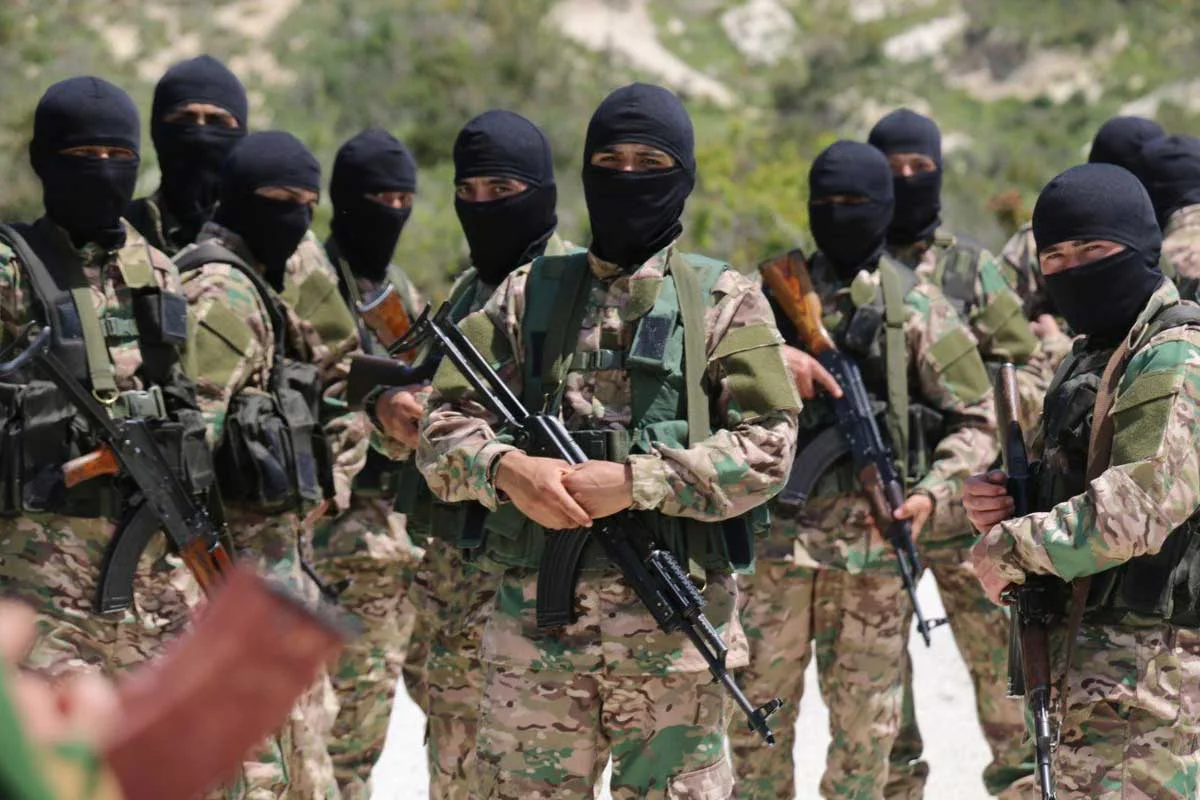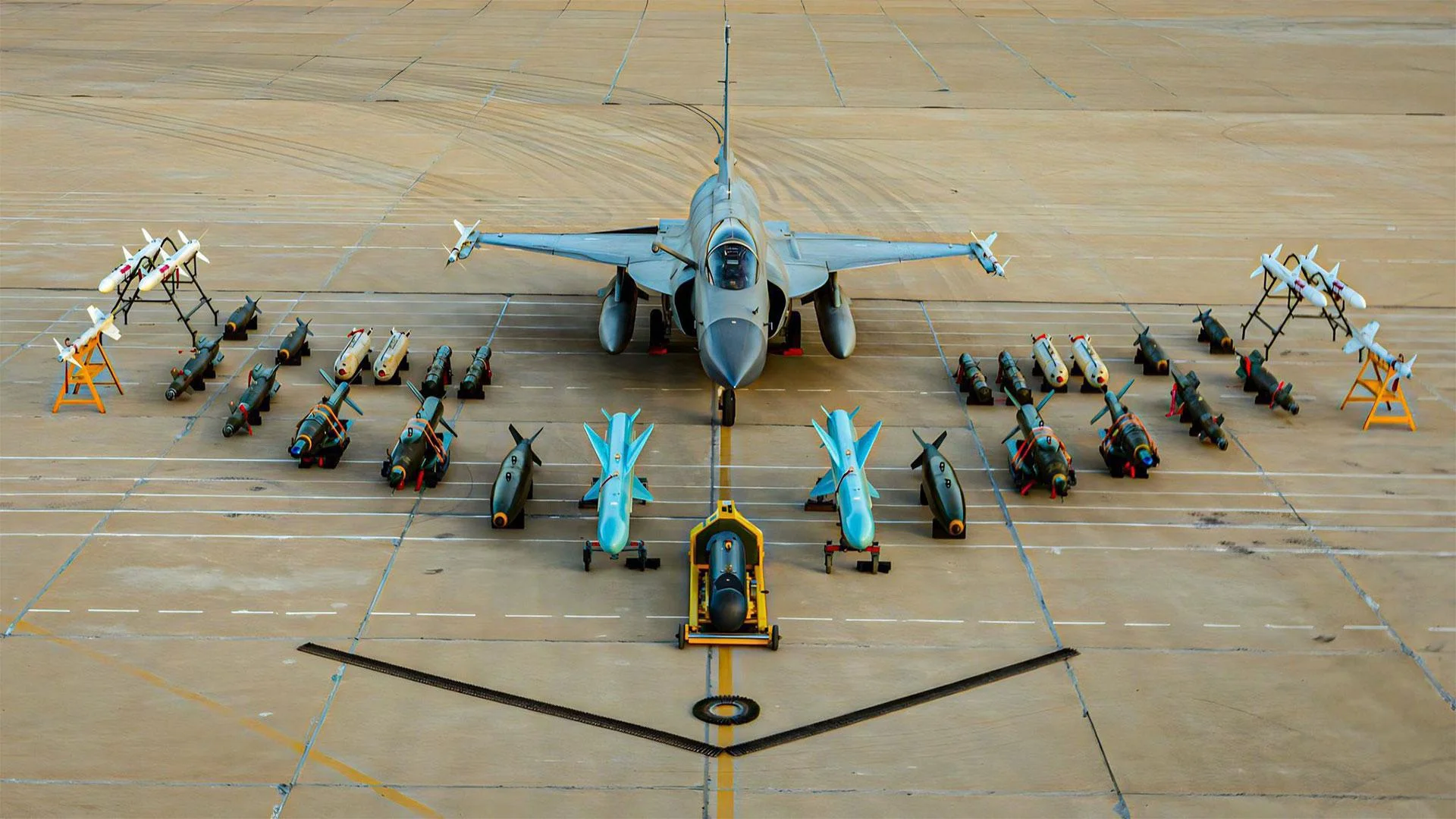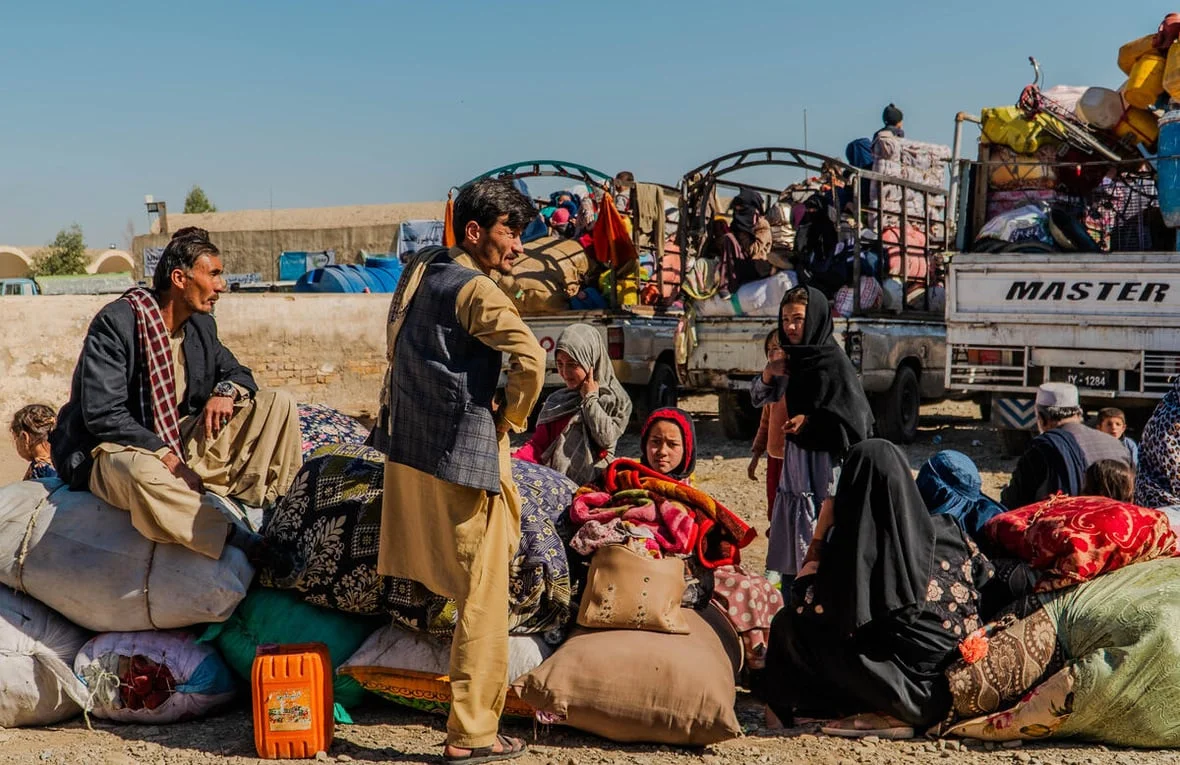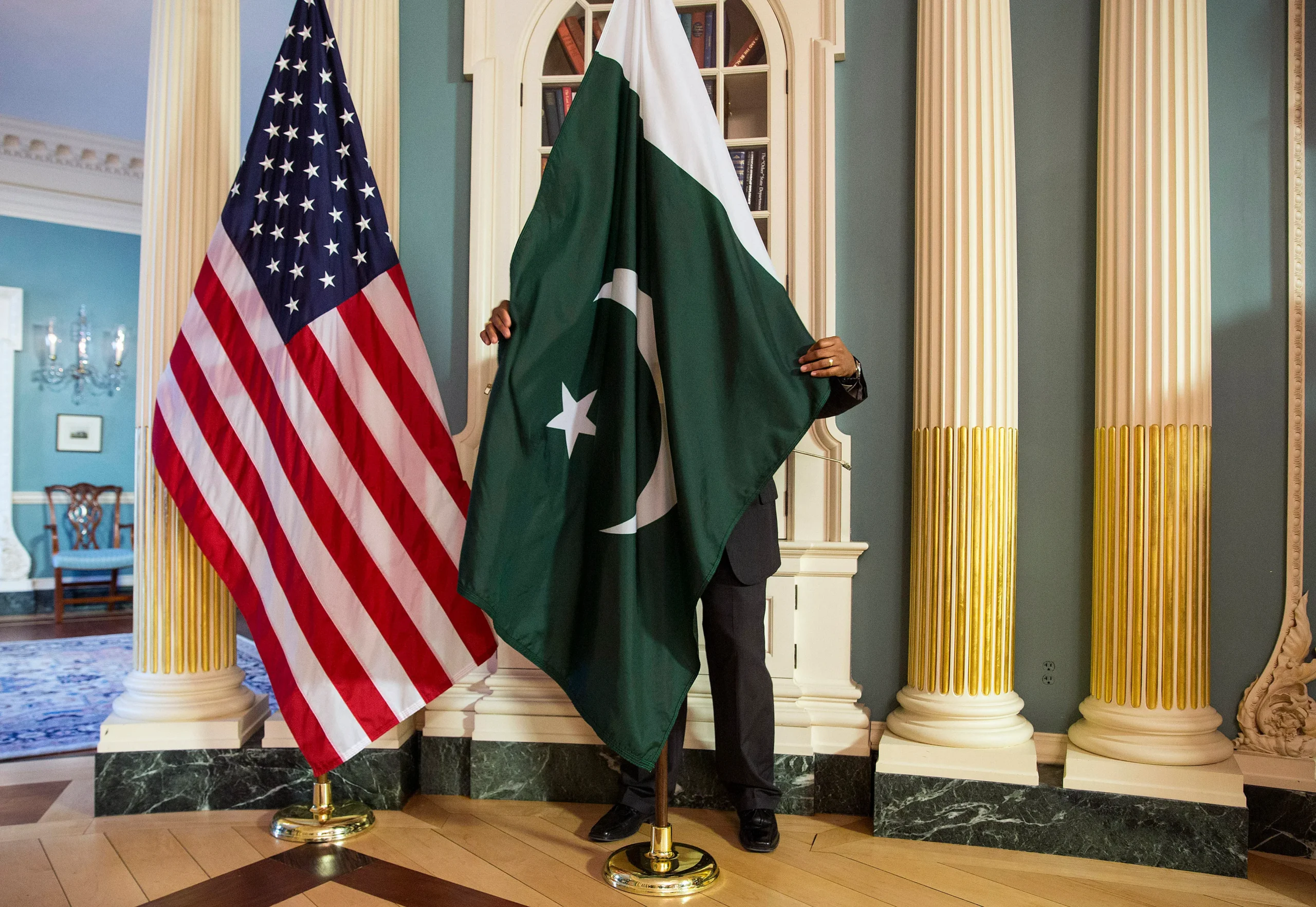ISLAMABAD: Pakistan’s Chief of Naval Staff Admiral Naveed Ashraf has said in a recent interview that Iran’s growing tensions with Israel and the United States may turn into a “precarious situation” in the Indian Ocean, warning that any escalation of tensions between the sides will prove harmful for shipping and create other maritime challenges.
Israel’s war on Gaza has escalated tensions in the Middle East, with fears of a wider war breaking out in the region surging to alarming levels after the two countries traded missiles in October. Iran’s tensions with the US, a staunch ally of Israel, have also surged following the Jewish state’s military campaigns in the Middle East and Tehran’s strong criticism against it.
Also See: Pakistan Navy CNS Discusses Maritime Security and Strategic Partnerships in Exclusive Interview
Speaking to the “Daily Mirror,” a Sri Lanka-based online news publication on Dec. 18, Ashraf spoke about growing maritime security challenges faced by Pakistan in the Indian Ocean due to instability in Afghanistan, provocations from neighboring India, and the Middle East’s regional tensions.
“On our eastern side, India is disturbing regional peace by blatantly provoking its neighbors,” Ashraf was quoted as saying by the Daily Mirror. “On our western flank, Iran’s standoff with the US and Israel may manifest into a precarious situation for the shipping plying along the international Sea Lines of Communication (SLOCs).”
The Indian Ocean is home to key maritime routes, including the Strait of Hormuz and the Arabian Sea, considered essential for global oil and trade shipments. Experts warn that conflicts in the Indian Ocean can result in blockades or increased risks of attacks on commercial shipping and hence adversely impact global energy markets.
Ashraf said in the non-traditional domain, the Indian Ocean faces “maritime terrorism, piracy, drug trafficking, gun running and human smuggling” as key security challenges.
“The challenge to our regional maritime security is an ominous hybrid mix of traditional and non-traditional threats,” he said.
Speaking about the upcoming AMAN-25 exercise, a series of multinational exercises started in 2007 by the Pakistan Navy to promote regional cooperation and stability, Ashraf said Pakistan is geared up to conduct it next year.
“I may mention that the previous edition of the exercise held in February 2023 witnessed the participation from 50 countries across the globe,” he said. “Keeping the same spirit, we are hopeful that this edition will also mark a distinctive chapter in history of AMAN exercises with enhanced participation of friendly countries.”
The AMAN-25 is slated to be held from Feb. 7-11 in Pakistan’s southern port city of Karachi. The exercise is expected to bring together chief of navies, coast guards and defense forces to provide them the opportunity to exchange views on global and regional security and adopt innovative solutions to address evolving challenges at sea.
This news is sourced from Arab News and is intended for informational purposes only.

![CNS Naveed Ashraf warns of growing maritime challenges in the Indian Ocean due to tensions between Iran, Israel, and the US. [Image via APP/File]](https://southasiatimes.org/wp-content/uploads/2024/12/4557568-739427337.webp)




